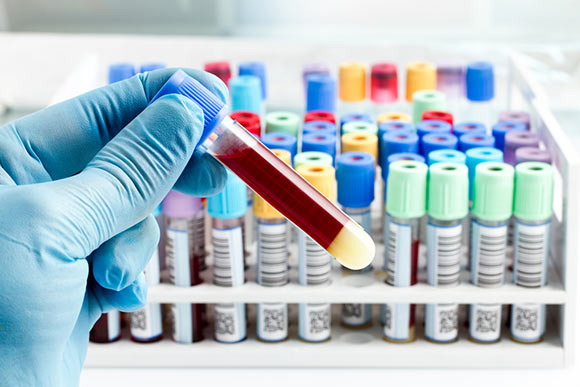Why Should Immunotherapy Be The Last Resort For Cancer Treatment?
Dear Friend,
While immunotherapy for cancer has provided an exciting new avenue for scientists, there is still much to be learned about which patients will respond, leading to a dilemma for doctors: when all other standard methods have failed, is it ethical to provide cancer patients with new immunotherapy drugs?
If a Little Is Good, Is a Lot Better?
You need to go back only to the 1980s and 1990s for an example of the dangers of treating patients with untested methods. Many doctors began giving women with breast cancer higher-than-usual doses of chemotherapy and radiation based solely on theory, but it turned out that the treatment was worse than the disease.
Immunotherapy drugs that have recently received approval and are restricted to a narrow range of patients have been found to be toxic to the body. Many oncologists won't consider immunotherapy with these drugs as an option outside of their designated uses.
"Desperation Oncology": A Last Chance
Recently, though, oncologists such as Dr. Oliver Sarter of Tulane Medical Center have begun to offer what they refer to as "desperation oncology." The reasoning is that if a cancer patient is terminal and there's even an infinitesimal chance that an immunotherapy drug may help, it's worth the risk.
Not surprisingly, results have been mixed. Drugs had no effect on one patient with bladder cancer who was treated by Dr. Sarter, while another patient with metastatic prostate cancer went into immediate remission upon treatment.
Tailoring Immunotherapy for Cancer to the Patient
We have found that our non-toxic immunotherapy should not be your last chance. At Issels®, we conduct a number of highly specialized tests to ensure that we design a comprehensive course of non-toxic immunotherapy that is appropriate for each patient. Contact us for more information.




 |